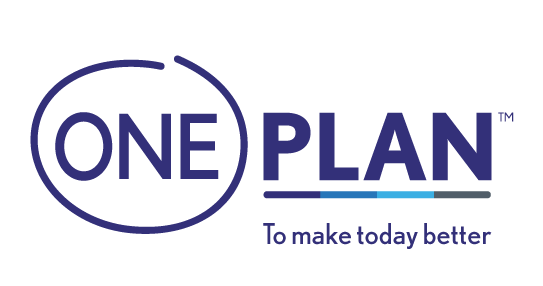We have put together the top warning signs of a stroke so that you know what to watch out for and when to get help.
Did you know that an average amount of 60 people die in South Africa every day as a result of strokes? But, through awareness, education and treatment, a stroke does not have to result in death.
By educating yourself on the symptoms and warning signs of a stroke, you are able to get the immediate medical attention you need to help improve the outcome and chances of survival.
The symptoms of a stroke will appear suddenly and in most cases, there is more than just one symptom. Let’s go through the important information everyone should know to be prepared for a stroke.
Related: Dread Disease Cover & Health Insurance: What You Need to Know
What is a stroke?
A stroke happens when the blood supply to a specific area of your brain is cut off.
Because a stroke occurs in the brain, the symptoms will involve changes in motor control or sensation.
Basically, when a stroke occurs, your brain is deprived of the blood it needs to function.
The symptoms and warning signs of a stroke will depend on what region of your brain is affected by this loss of blood supply. For example, if someone experienced a mild stroke, then this may result in temporary weakness of their arm or leg. On the other hand, if someone has a more severe stroke then this might result in permanent paralysis of one side of the body.
When someone has a stroke, they need to seek immediate medical attention in order for the blood supply to be restored as soon as possible. This might take place naturally or with medical treatment.
Over two-thirds of stroke patients are left with a form of disability.
What is a mini-stroke?
In some cases, the person may suffer from a mini-stroke, also known as a TIA (transient ischemic attack). In this situation, the symptoms of a stroke occur and are able to disappear on their own.
How to recognise the symptoms and warning signs of a stroke early: The FAST method
It is critical to act FAST if you suspect someone is having a stroke. By seeking immediate medical attention, this will minimise any long-term side effects and will help increase the person’s chances of survival.
FAST refers to an acronym that allows you to quickly remember and diagnose the warning signs of a stroke.
F: Face drooping
If you think someone is having a stroke, ask the person to smile. Try to notice if one side of their face is drooping or if their smile appears uneven on one side because of their face being numb.
A: Arm weakness
The next thing you need to do is ask the person to raise both their arms.
Ask them if there is any numbness or weakness on one side? If one arm drifts downward then this is a sign of a stroke.
S: Speech difficulty
The third thing to look for is any issues with speech. If someone is having a stroke, then their speech may slur or they may have difficulties speaking. You might not be able to hear or make out what the person is saying.
Ask the person if they can repeat a simple sentence and pay attention to any abnormalities in their speech.
T: Time to call for help!
If the person shows ANY of the above symptoms, even if some of these symptoms have subsided on their own, you need to call for emergency help or get the person to the nearest hospital ASAP!
Are there any other symptoms and signs of a stroke?
The FAST method describes the most obvious symptoms of a stroke, but a stroke can cause a number of issues with the functioning of a person’s nervous system.
Strokes tend to occur on only one side of the body and the symptoms occur very suddenly. Regardless of how severe the stroke may seem, it is vital that you get them to a hospital to allow for immediate treatment.
Here are some of the additional signs and symptoms of a stroke:
- Paralysis or weakness of any part of the body
- Pins and needles or numbness of any part of the body
- Issues with walking, balance and coordination
- Issues with vision such as blurred vision or trouble seeing with one or both eyes
- Dizziness
- A severe headache that feels much worse than other headaches experienced in the past
- Speech issues or an inability to understand what someone is saying to them
- Confusion
- Memory loss
- Changes in behaviour
- Muscle stiffness
- Involuntary eye movements
- Trouble swallowing
Get immediate help!
The trick to ensuring the best possible outcome is to get the person to a hospital as soon as possible.
Discover: The Importance of Preventive Screenings
We hope this guide has been helpful in providing you with the information you need to help save a life.
Your Health Insurance Family,
Oneplan




